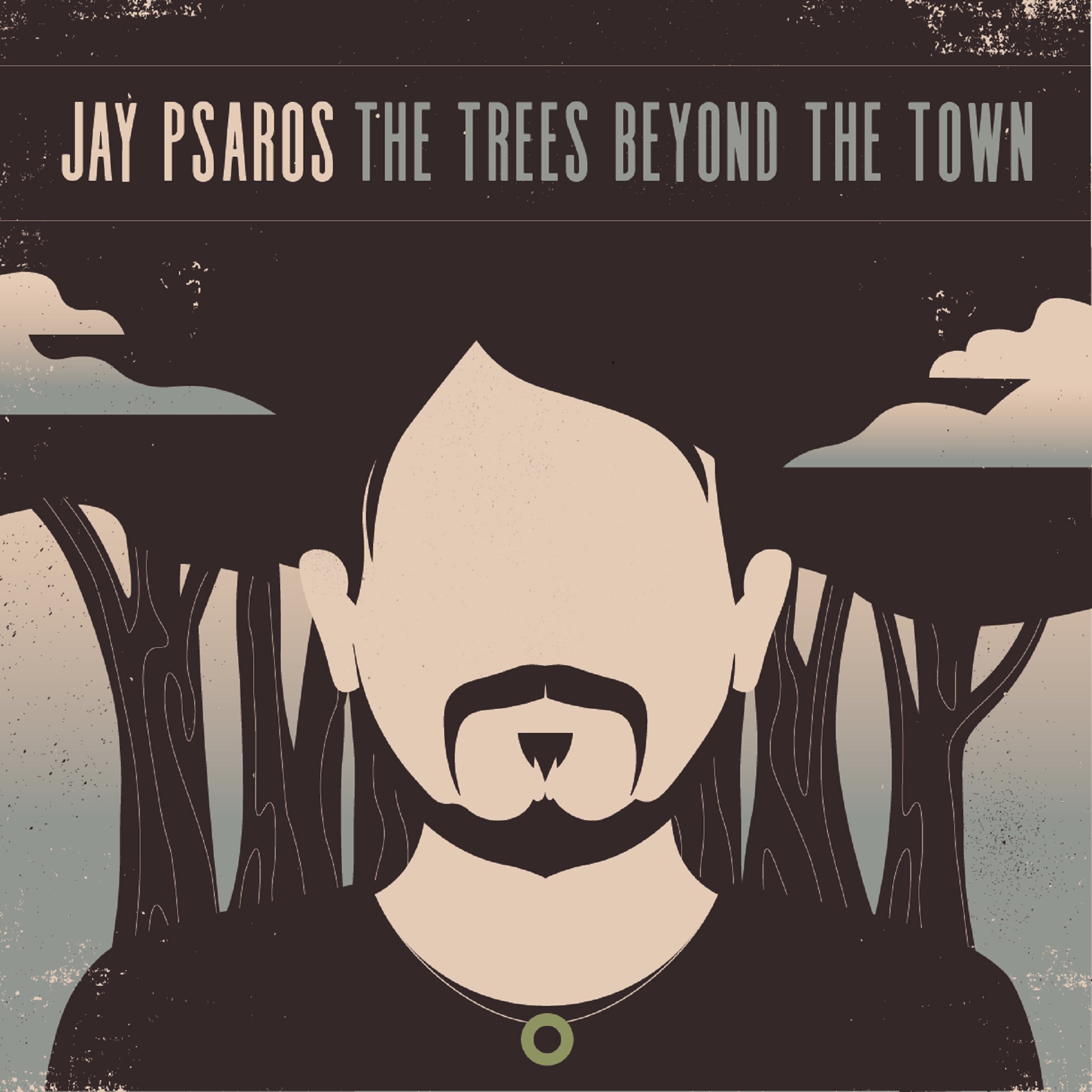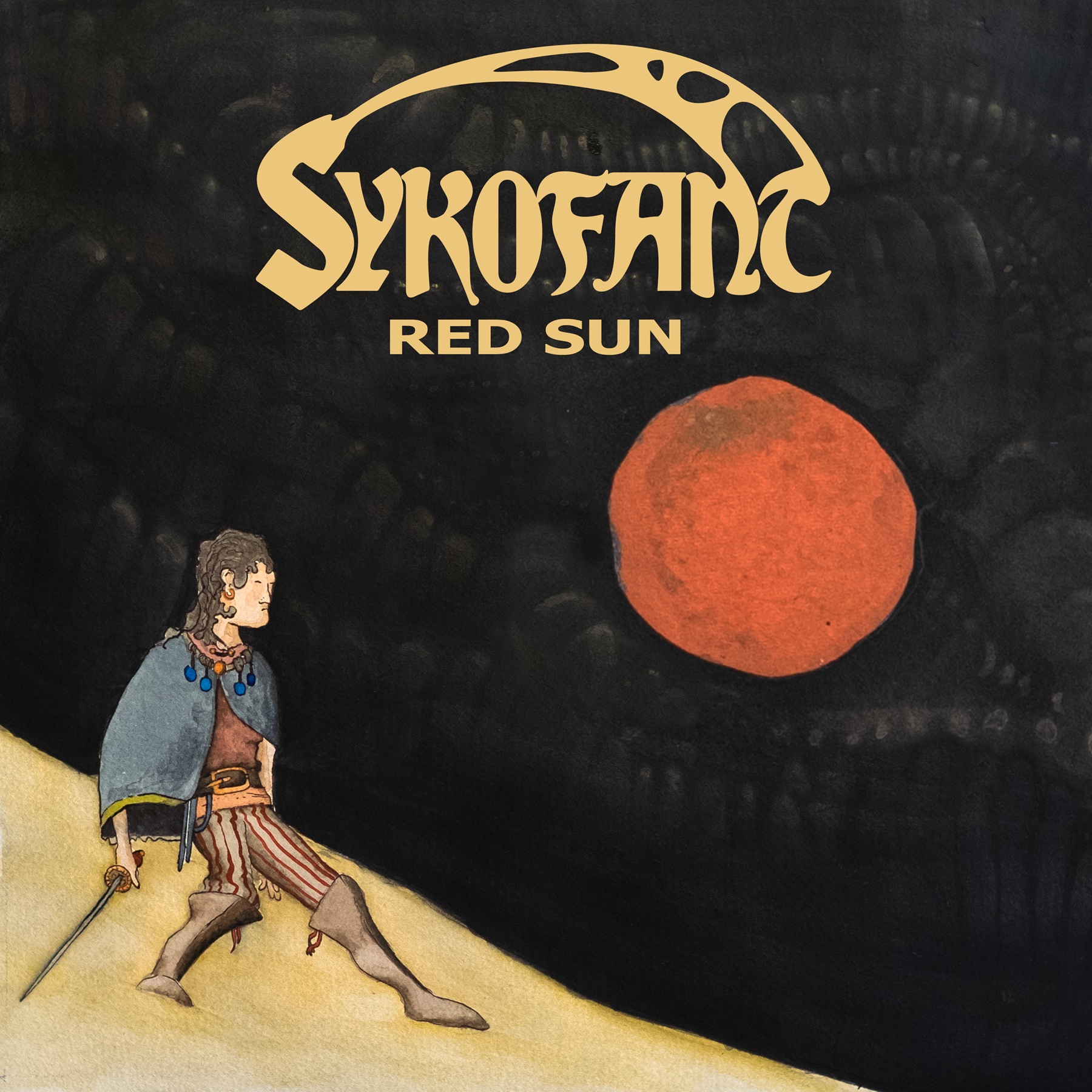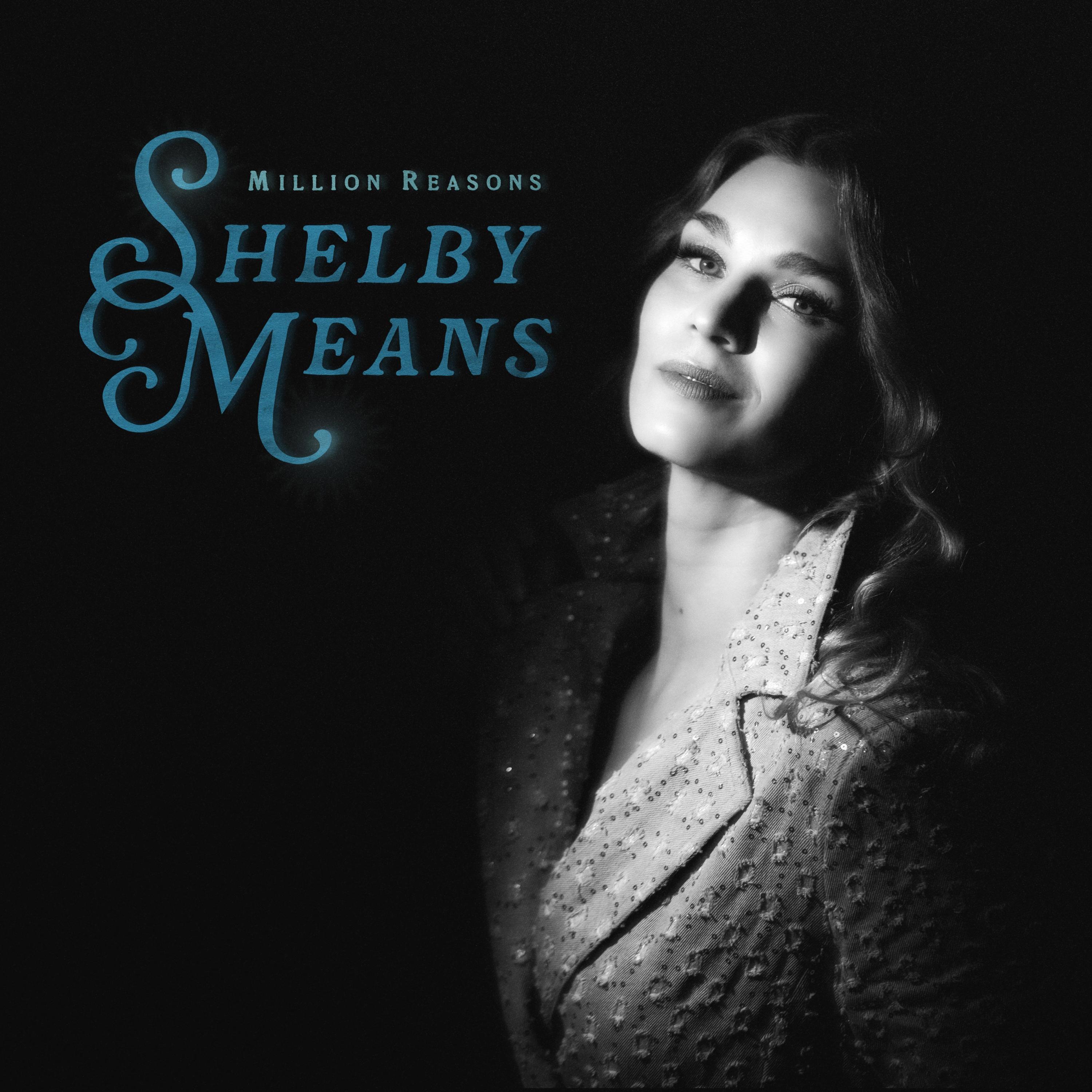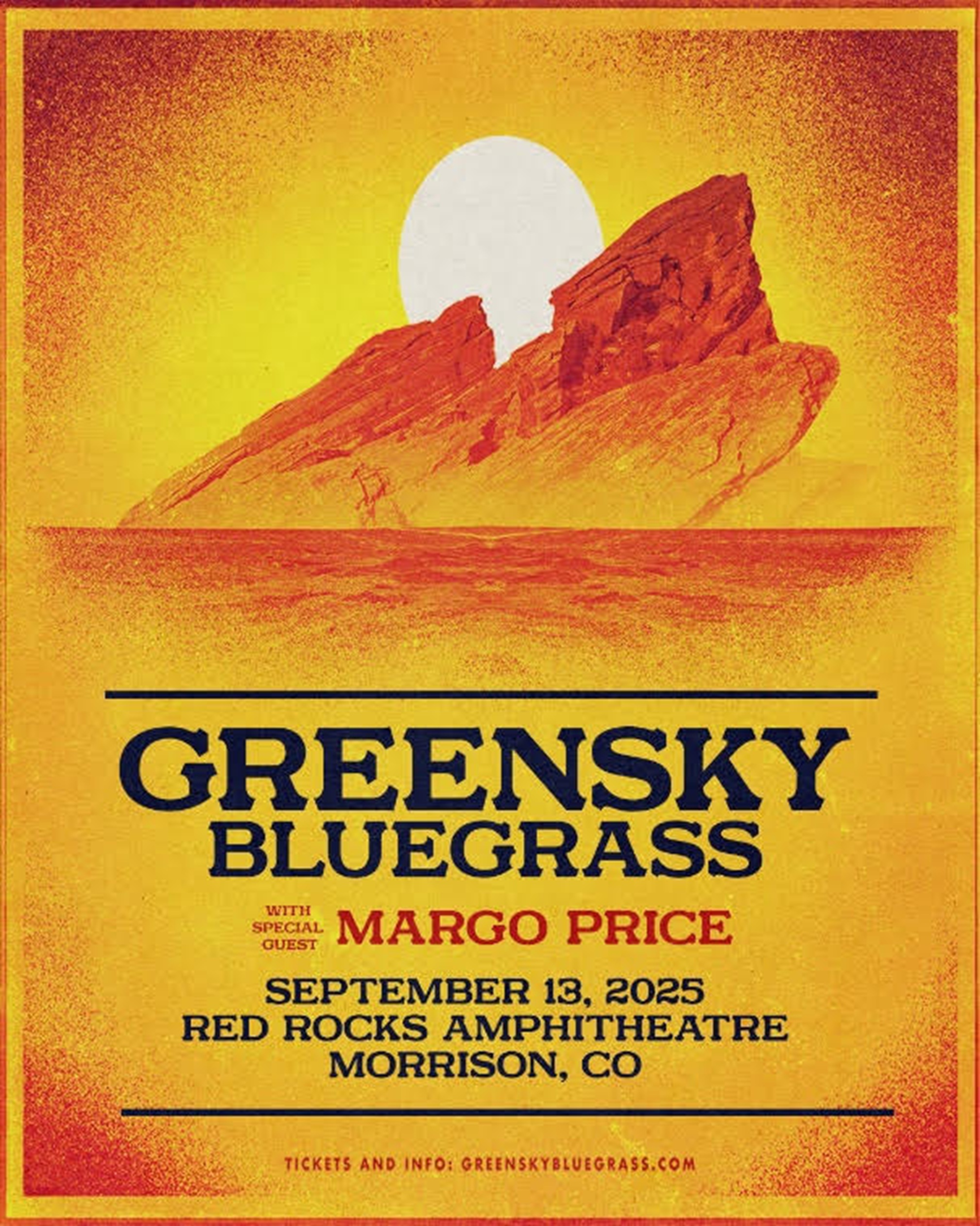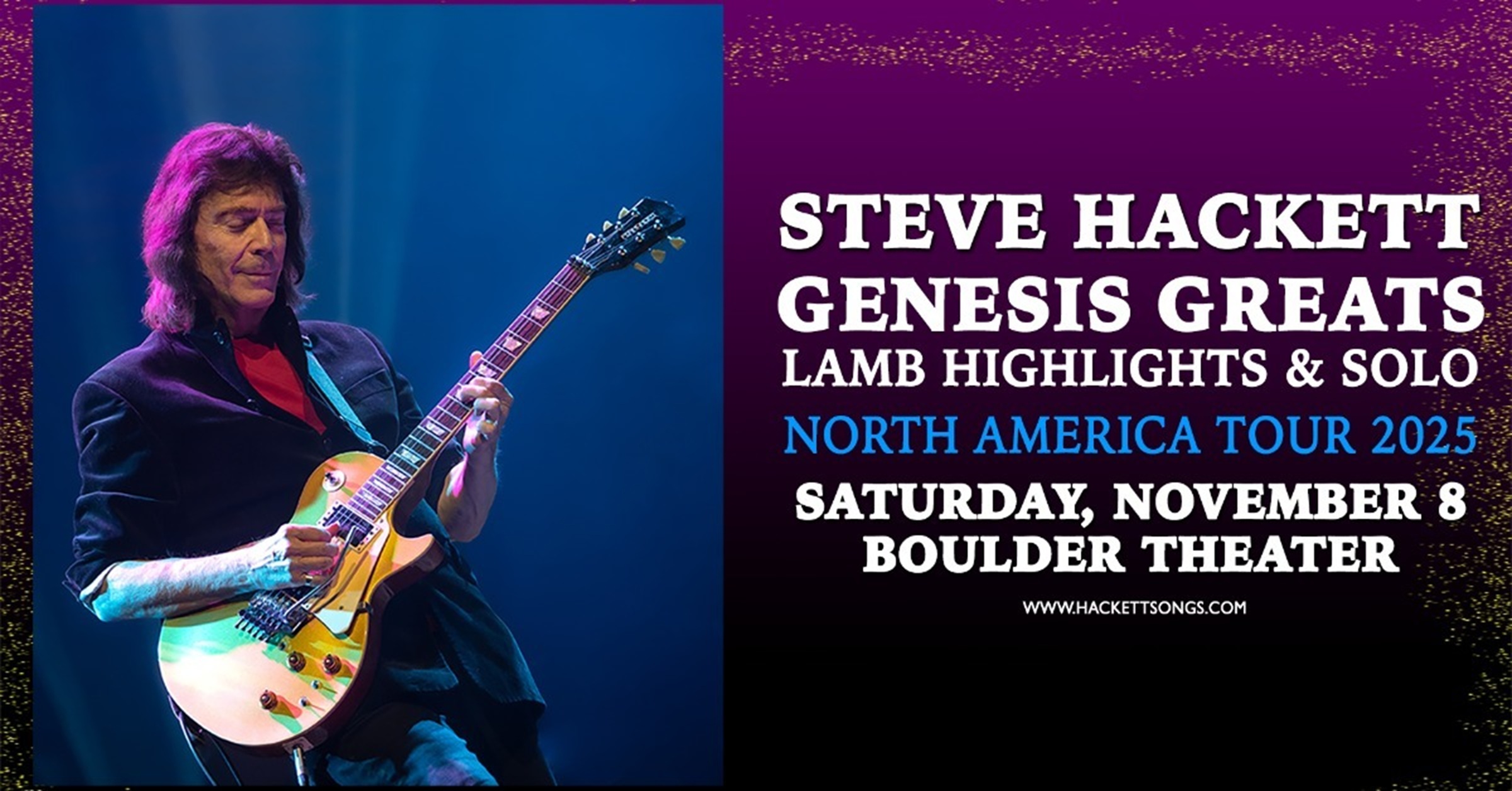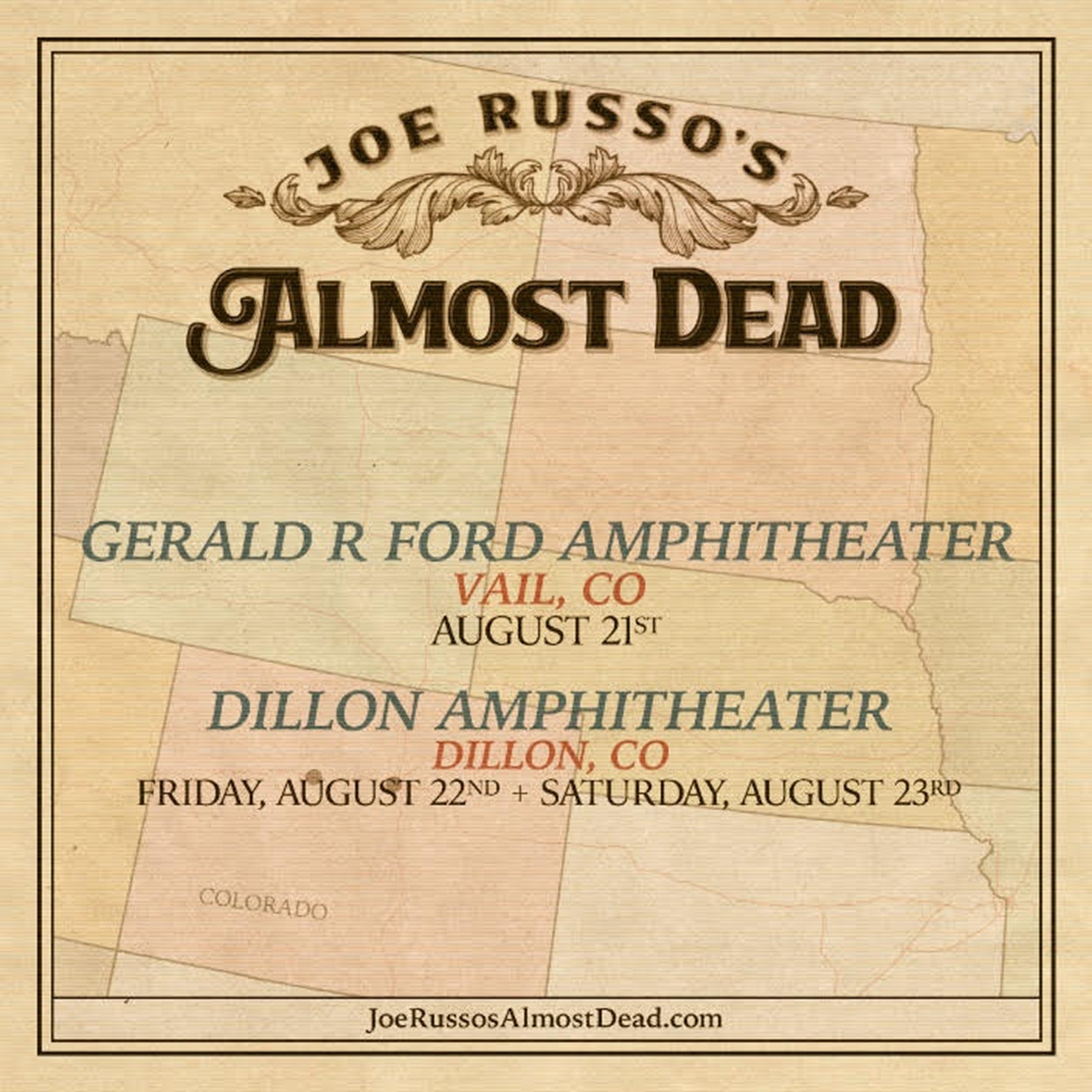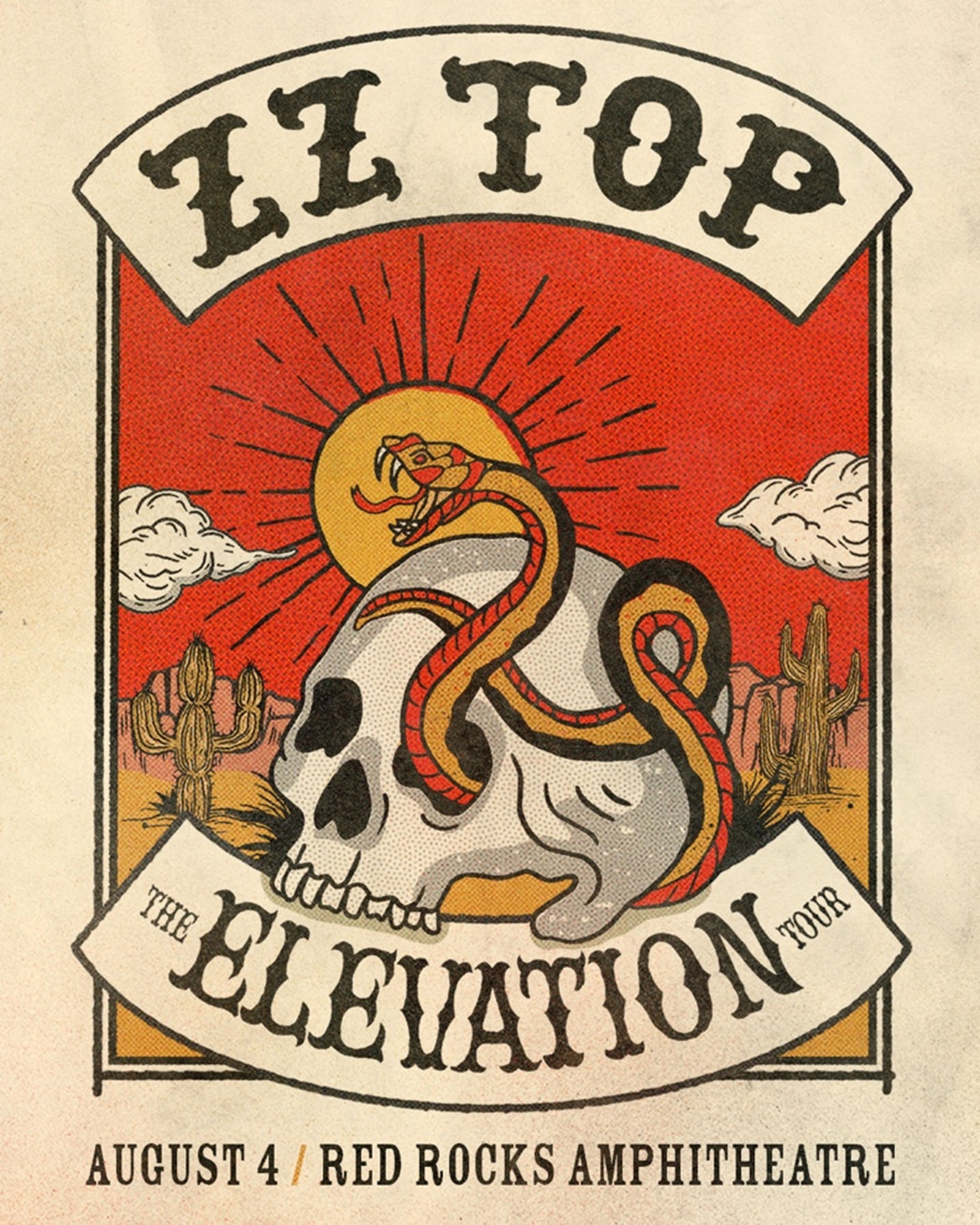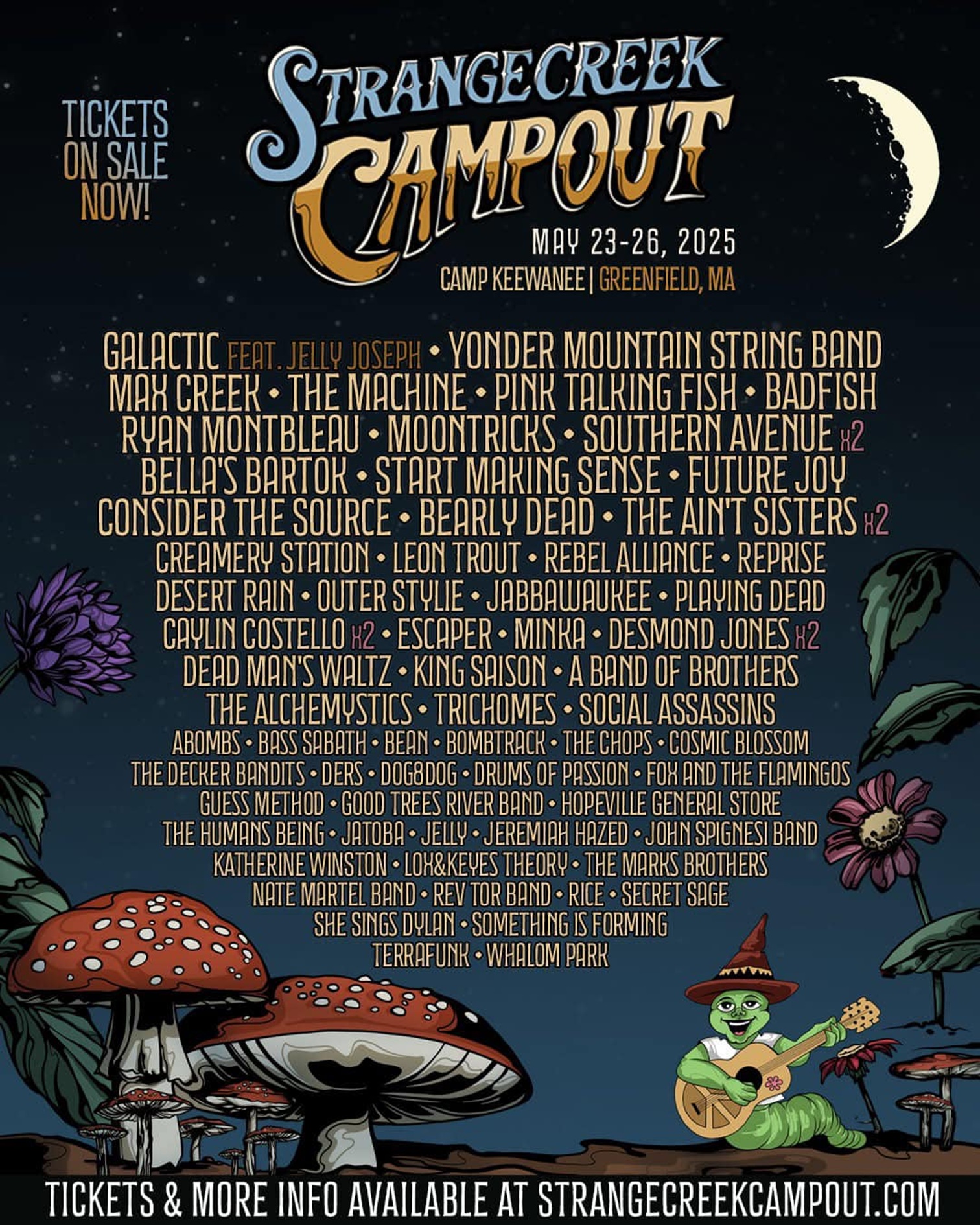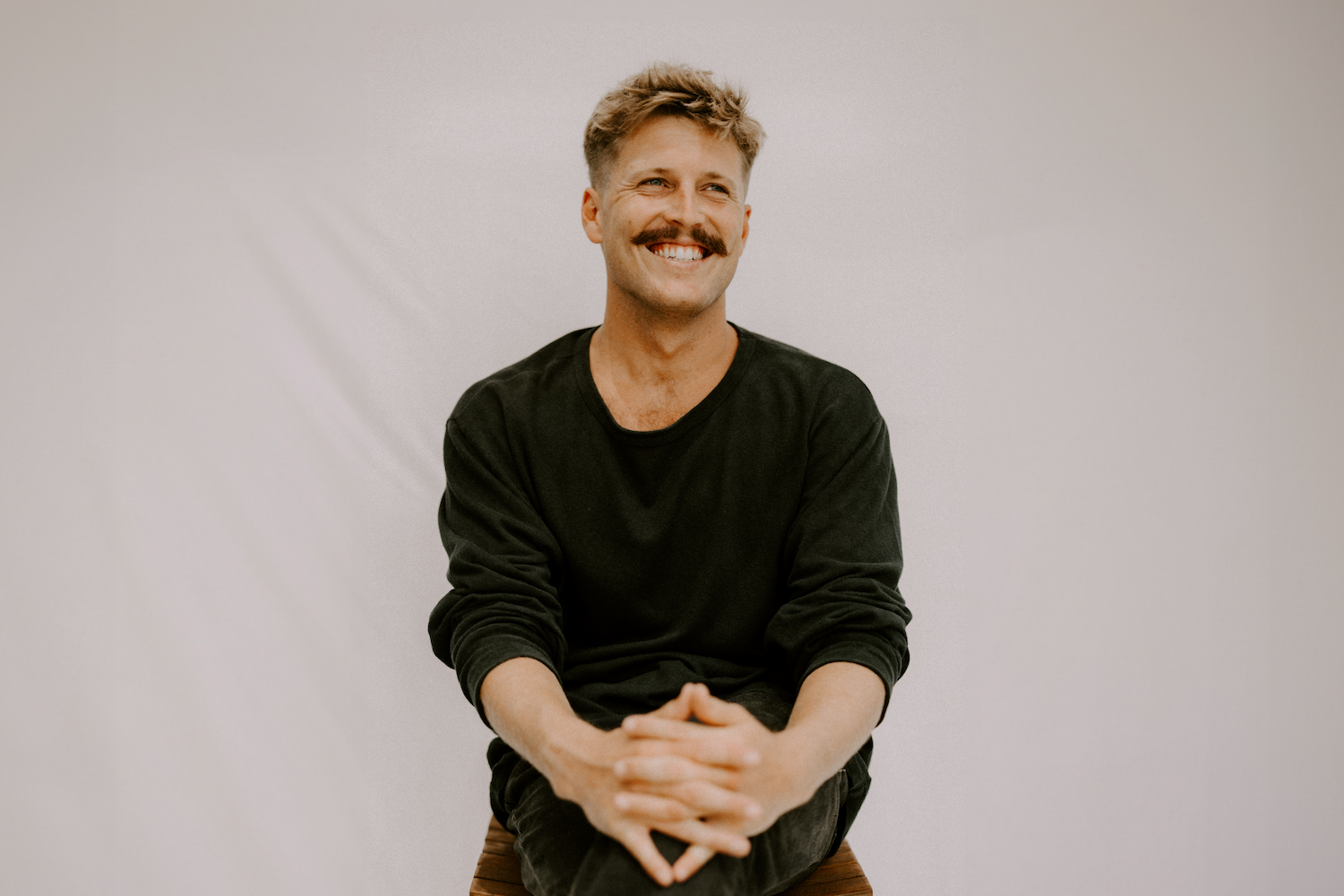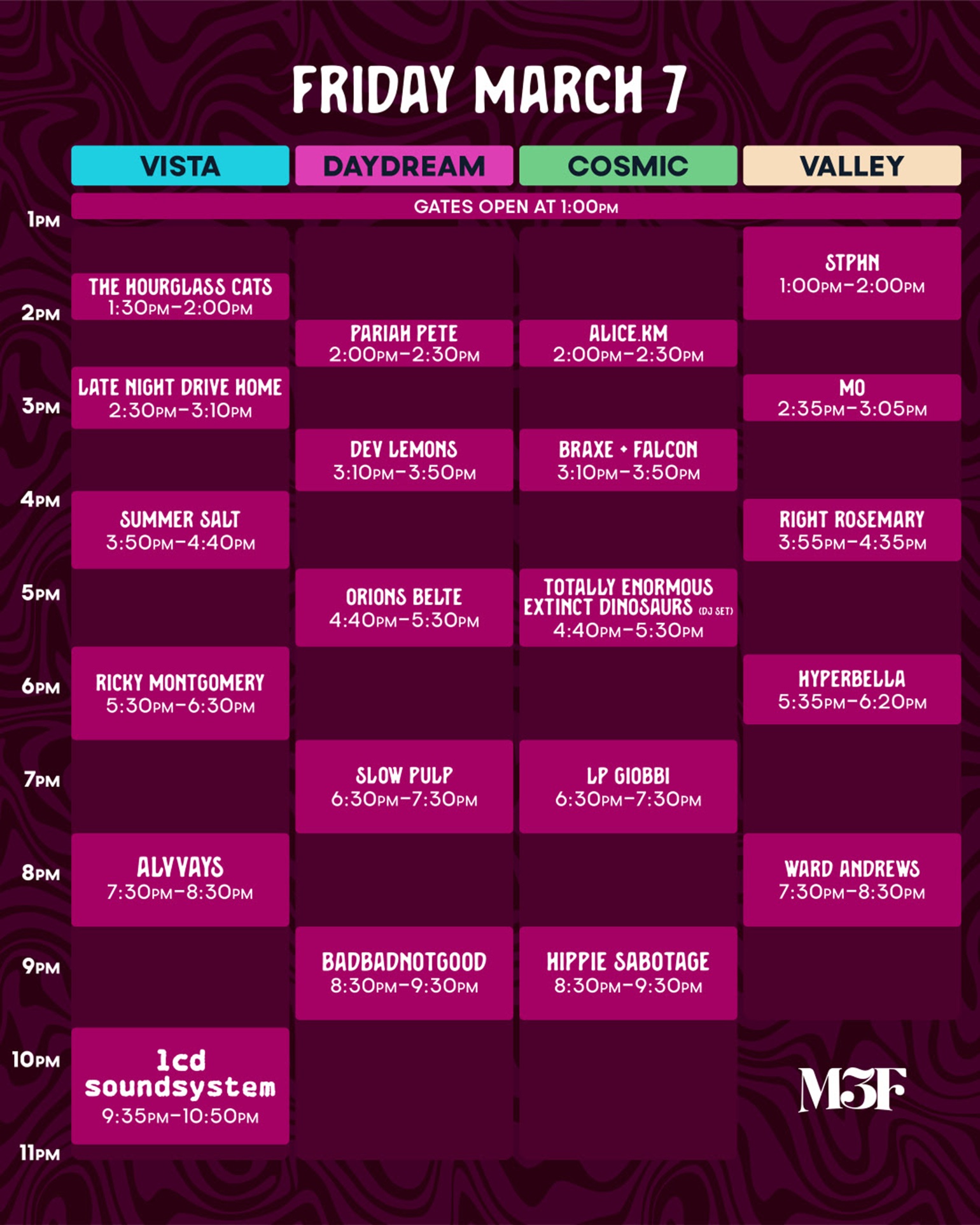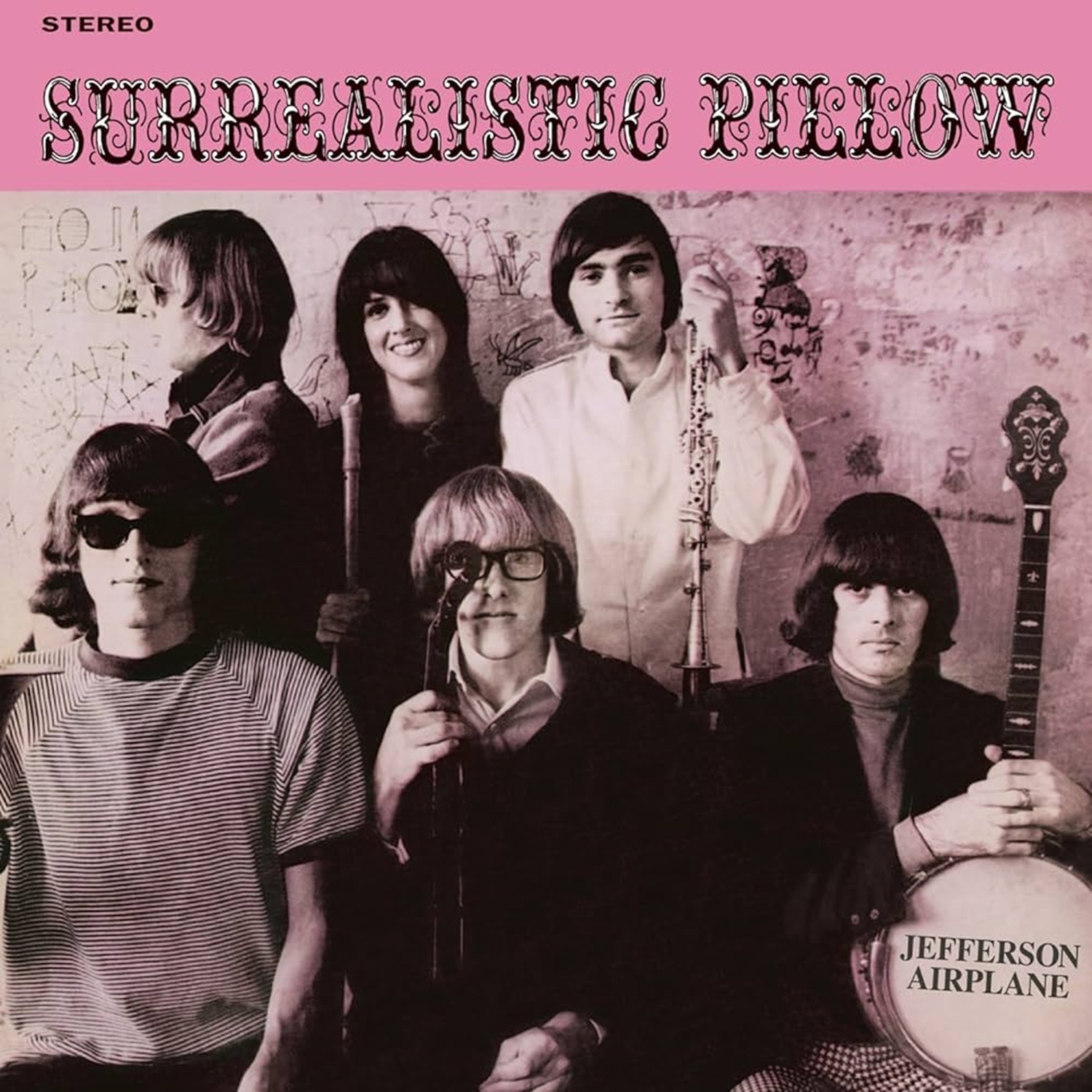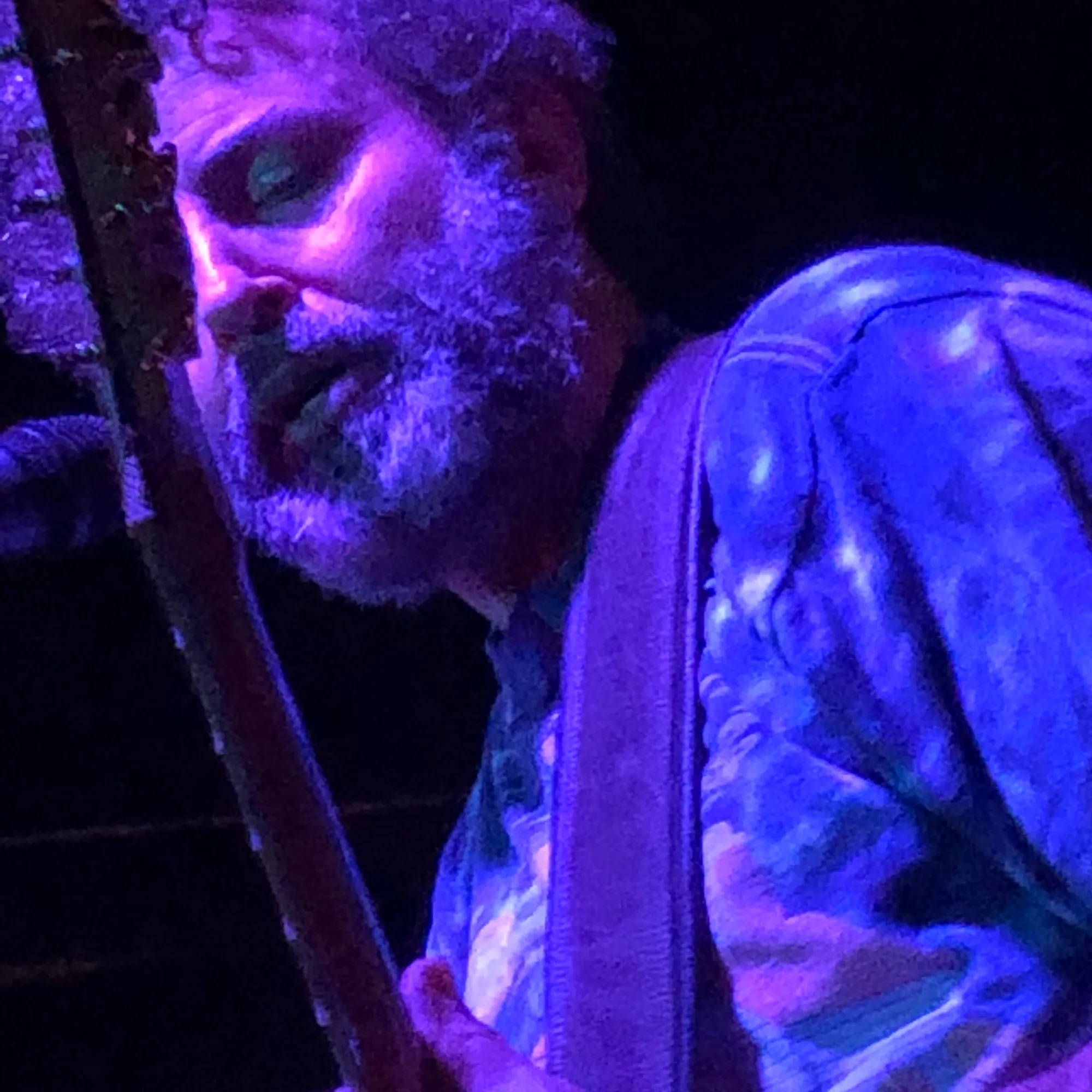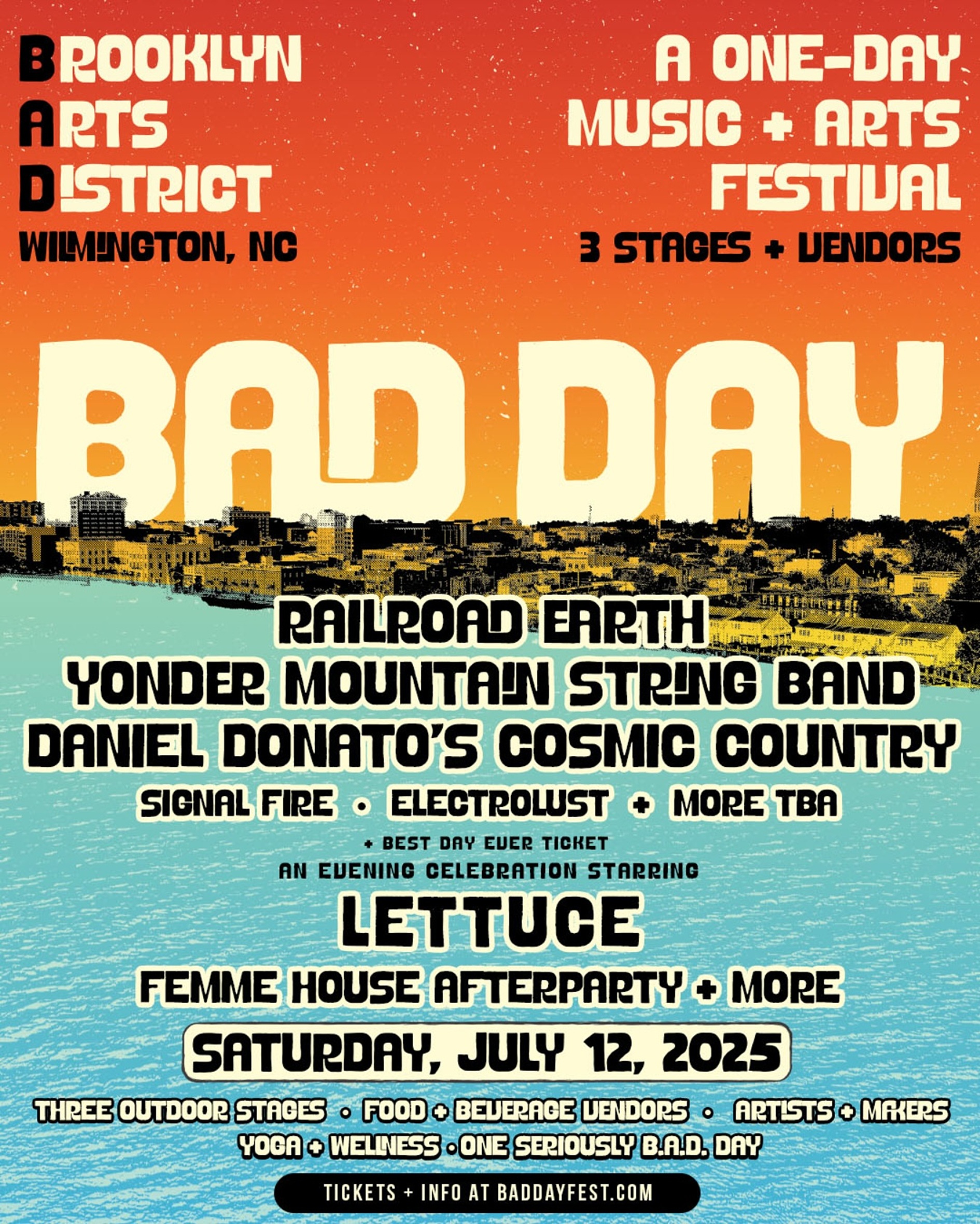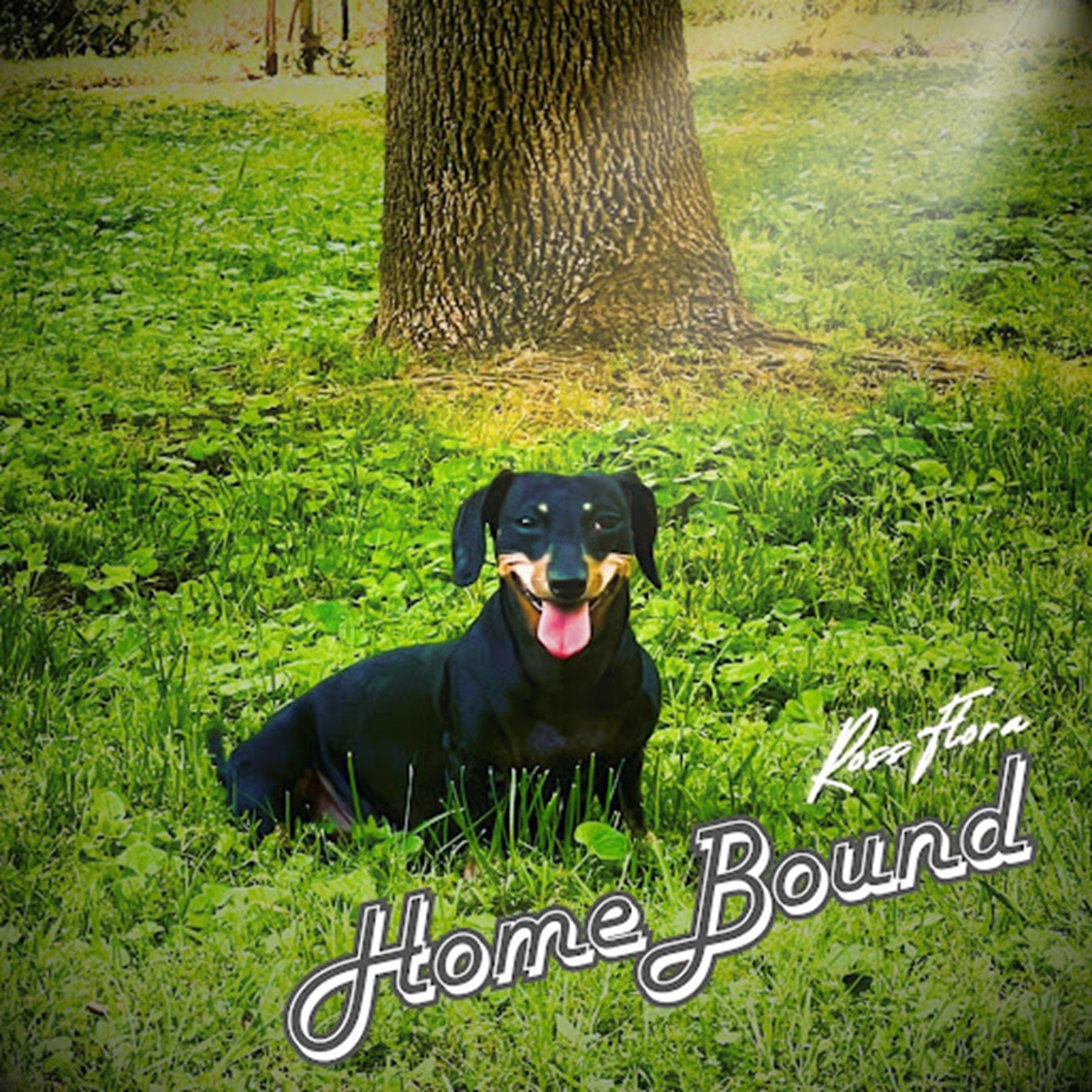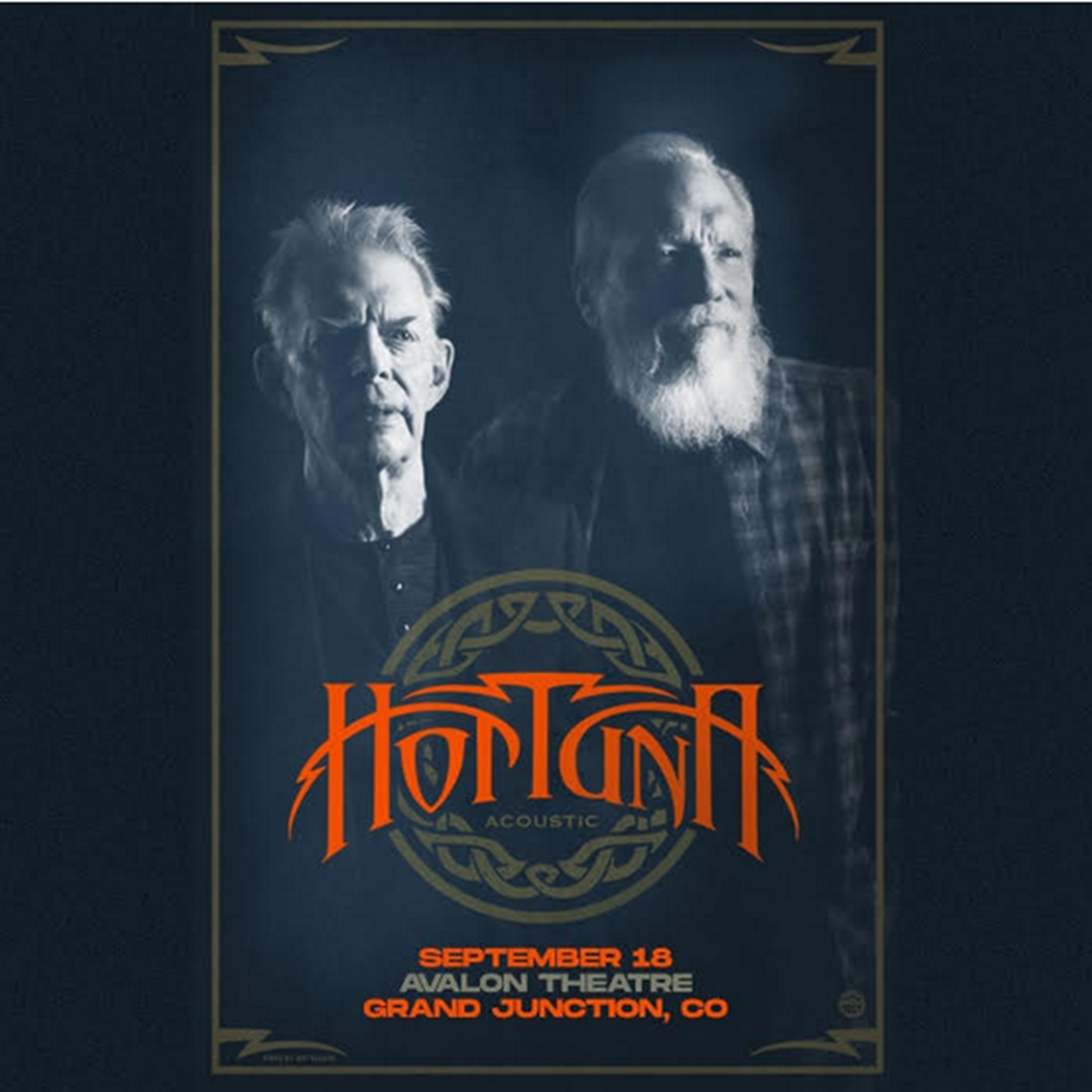Jay Psaros' latest release, an eight-song LP “The Trees Beyond the Town” once again sees Lorne Entress in the producer's chair with an all-star line up of musicians. Kevin Barry on guitar (Rosanne Cash, Peter Wolf), Sam Kassirer on keys (Josh Ritter, Joe Pug) and Jesse Williams on Bass. Continuing with the theme of diversity, the songs have influences ranging from Americana, Blues, Jazz, Jam Bands and Folk…all rooted in the tradition of the Singer/Songwriter. Grateful Web is premiering “Think I’m Gonna Get It" from Jay's new album also had a few minutes to chat with him
GW: Thanks for taking the time to chat with us today, Jay! We’re excited to see what you’ve got up your sleeve for this new album coming in December, The Trees Beyond The Town.
JP: My pleasure! Thank you so much for premiering “Think I’m Gonna Get It.”
GW: Your sound clearly spans a collection of genres. It could be folk, Americana, jazz, country, blues… Where do you find your musical voice?
JP: Hmmm…Well, I consider my “musical voice” to be a constant search, as I’m always looking for things that inspire me and I’m frequently falling in love with different genres and styles. Over the years I’ve gotten really into different styles, and as a player, I’ve taken great joy in emulating those styles and learning from them. It keeps the instrument fresh and engaging. I’ve also been fortunate to travel a bit over the years which has helped to give meaning to certain styles..especially when you can see music performed up close by people who are native to a certain culture. Just use Bluegrass for example…You can hear great Bluegrass in a variety of different places, but listening to it by people from where it originated while in say, Kentucky or Appalachia certainly gives it a different meaning. The same could be said about Blues or Reggae, or any genre for that matter. We are fortunate to live in a day and age where music from around the world is at our fingertips. We also have the ability to travel much easier than say, even 50 years ago. So to me, finding my musical voice comes from my love of culture essentially and the desire to use music as a way to understand certain cultures.
GW: You’ve supported a lot of people on tour the past few years. How does playing your own solo shows differ from supporting acts?
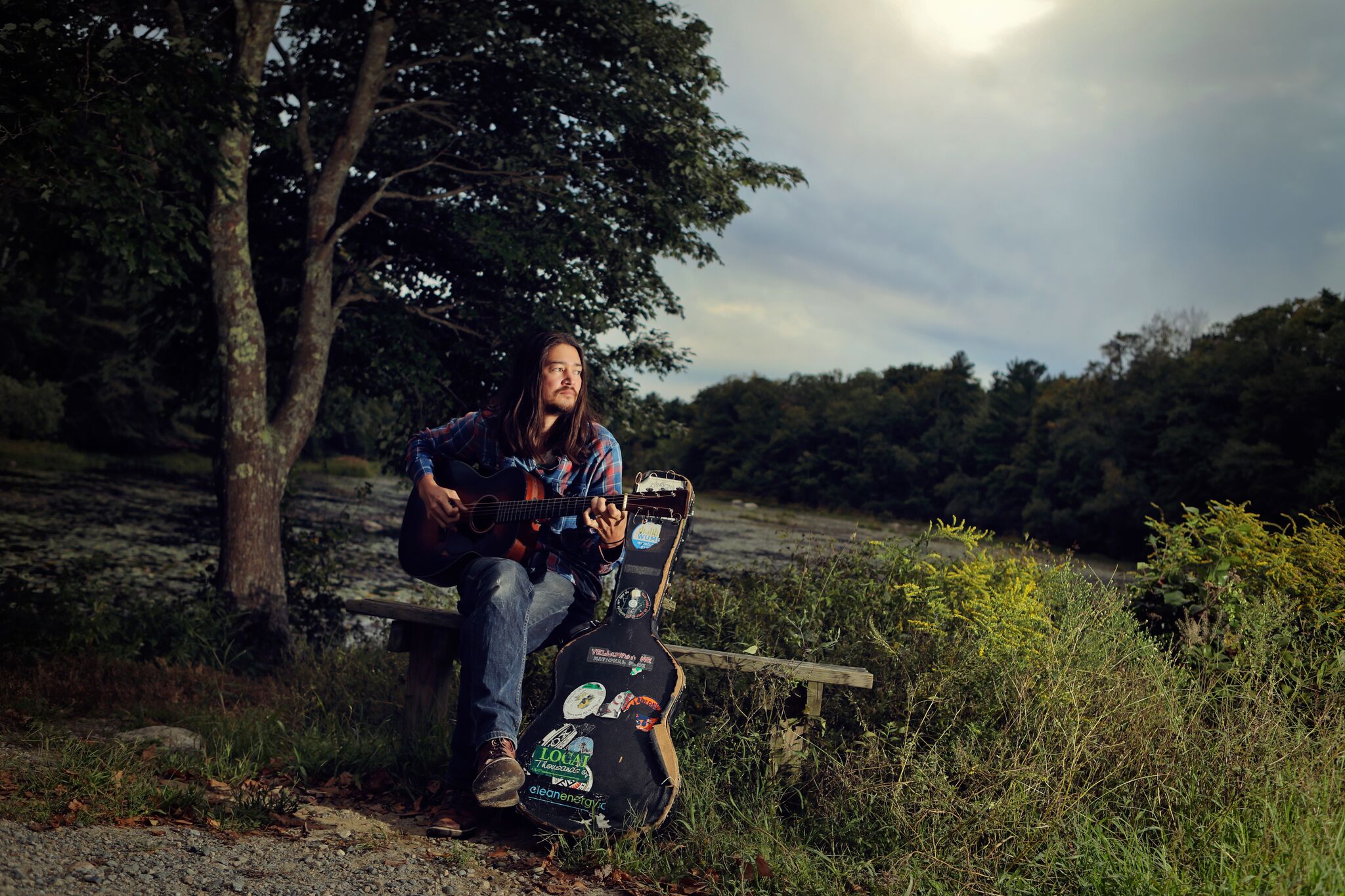
JP: Well the support slots certainly lend to much bigger crowds, so the energy is typically higher…something that I really have come to love. Doing my own shows, however, I get a much better opportunity to connect with the audience. I’m in front of them longer, they are familiar with what I do, and there is usually a bigger sense of comfort. With support slots, there is always that feeling that you have a short time to make a good impression knowing that the large majority of the crowd is there for someone else. I’m much less likely to try new material with a support slot than I am during one of my own shows.
GW: You come from a very diverse background. How do you think your Chinese, Greek, & Irish descent affects your songwriting process/experience?
JP: That’s a good question, and something I really didn’t begin to think about until the past several years. Race and ethnicity is an interesting thing. As a kid, you hit a certain age where people start to point out that your family is a little different, even though to you it’s completely normal. My mother, who is 100% Chinese and my father who is Greek and Irish has never struck me as different from the norm. But soon enough, kids would start pointing this out and all of a sudden you realize that you’re from a mixed race family. Looking back, I began to realize that it was very natural for this to shape my songwriting process/experience. Songwriting is often a reflection of where you come from, who you are and things that are unique to each individual's personal experience. Being of mixed race has certainly provided me a unique outlook to some degree, but if there is one thing it has taught me, it’s the power of communication and expression and how these can be used as tools to overcome just about any differences.
GW: It’s apparent that staying independent is important to you in navigating today’s musical landscape. Can you touch on the pros and cons of that?
JP: Yeah being independent has really been great and for the most part, I thoroughly enjoy it. I love the fluidity that being an independent artists bring. I take the gigs I want, when and where I want them. I have plenty of friends with major labels or agencies that are almost restricted from working due to the contracts they are involved in. I’ve seen a number of bands take gigs under different names to keep a paycheck coming in, something I’ve never had to do. I’ve worked hard to build a humble but stable resume, and I’d hate to have to abandon that because an opportunity doesn’t match the vision of a partner. I’ve also been able to maintain control of what I want to do creatively, which is very important to me. The downside is that it is A LOT of work, and when things are going really well, there comes the point when you just can’t attend to it all, and sometimes things can begin to go to the wayside. Especially for someone in my position who wears many hats, there can often be lots of things that need attention. Being independent also means that you are not plugged directly into certain pipelines that create more opportunity. Being with a major agency might have access to way more opportunities, like support slots for example. But MIGHT being a key word here. For someone like me, still working to establish themselves it really can be a tricky situation but all in all, being independent has provided a great education on how the industry works and has helped me develop a bevy of personal relationships that I might not have made if there were a middle man involved.
GW: It should also be known that you run your own record label, PB and Jay Records, servicing singer/songwriters in the Boston area. Has being so heavily involved in other artist’s lives and careers affected the way you handle your own?
JP: Absolutely. One of the things PB and Jay Records does is handle booking for several hotels in and around the area. We get hundreds of inquiries every week from artists looking for gigs. When sifting through the emails, I see what people are doing to make my job easier. Sometimes I stumble upon a great website that is easy to navigate, and I can use this to learn from. Knowing that their content made it so easy for me to work with makes me ask myself “Am I sending content out there that is easier for someone else to work with? It’s also provided me with lots of insight in regards to polite persistence. I’ve had artist that have reached out for a year. Some of these artists are great artists, but the opportunity simply isn’t there nor is my time. But, I always welcome this so long as they are polite…and eventually, they start getting the gigs. I’ve used this philosophy when seeking my own gigs, and many of the gigs I’ve gotten as an opener have come from this model. Be polite, present, and willing to show up on time.
GW: On an unrelated note, you recently got married! Congrats! How has married life affected the way you view your future career? Has it changed at all?
JP: Shucks, thanks, guys! I’m fortunate that my wife, Kayte has been with me a long time and seen my career grow not only as a romantic partner but as a friend as well. She does the large majority of my photo shoots and comes to many of my shows to help work them. I think she digs the lifestyle and wouldn’t want me to hold back on moving forward. We’re both confident and comfortable with the challenges that the music industry brings, and I’m very grateful for that. For the moment, nothings changed. I’m sure in the future there will be times that require some more considerations but only time will tell.
GW: You’re a busy guy! Not only are you a traveling singer-songwriter, but also a producer, booker, music supervisor, record label owner, and the list goes on! How do you juggle all of this while still staying in the moment?
JP: It’s very hard sometimes! I’ve always had such an interest in every aspect of music that to some degree, it all kind of feels like the same thing. Some of the people I book are the people I’ve produced for. Some of the artists I’ve produced for I can submit to movie projects, and all of these workings have provided an immense network on which to build a career as a singer/songwriter. Offering opportunities to other artists have in a weird way been the best thing I could have done for my own career. It builds lasting friendships, connections and creates opportunity. As funny as it seems, songwriting is actually a great tool to stay present. It’s a valid excuse to shut things down and focus on what’s in front of me.
GW: Your forthcoming project, The Trees Beyond The Town, was completely fan-funded. Do you think this is how the business is shapeshifting? Is crowdfunding the future of independent music?
JP: Absolutely. Especially in fringe genres (for lack of a better term). I think for acts aiming to be full on pop stars, there is still a need for major labels and all the support they bring. It’s also these larger acts that keep the labels afloat. With the change over to streaming and being in the digital age, there isn’t as much financial room for big labels to develop lessor known and lesser established acts. The development deal seems to be a thing of the past, so for artists to earn a middle-class income, they really need to do it themselves. Sure, with all the tools available for artists the atmosphere has become much noisier but the tools are available, and musicians can find success with this. I think ultimately, this will provide more longevity to lesser known acts because it forces them to learn how to keep the ship afloat…a job that has largely been reserved for record labels and booking agencies.
GW: Let’s talk about this new song, “Think I’m Gonna Get It.” What did the songwriting process for this track look like?
JP: I have a wonderful, very worn in Martin 0018 that is my primary guitar. I was in a little bit of a songwriting rut, and nothing I was playing on the instrument jumped out at me. Taylor makes a gorgeous baritone eight-string guitar that I’ve wanted for years, but the price was too much for me to justify. I started looking around at other options for a baritone guitar, as the different sound has always made me feel inspired whenever I pick one up. I found a great Baritone in the one that Alvarez makes for a fraction of the price. I got it home, started playing with it and found that the low strings are so close to that of a bass that you can carry a much funkier feel than that of regular six string. It was great to finger pick with, and I found this riff that I liked to play around with when playing a bass…I kind of used this riff as a start, building chords around that and the lyrics came after.





